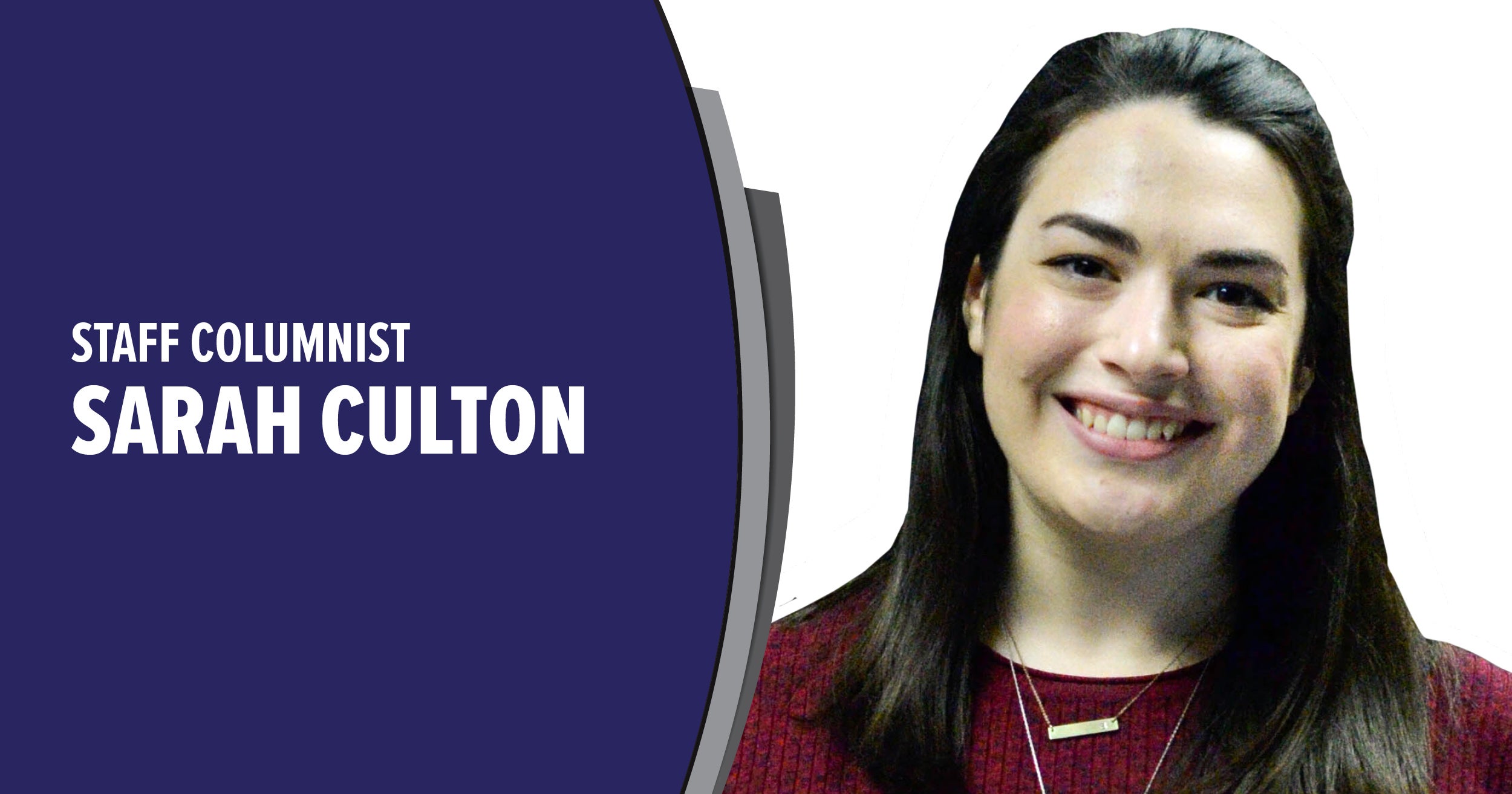What is a news story?
Published 6:18 pm Wednesday, March 15, 2017
What constitutes a news story? Why did you write about that?
I hear these questions at least a handful of times per week. We often have conversations in our newsroom centered around one key point: is this newsworthy?
Every time we write a story, we ask ourselves — or each other — if the information we are sharing is relevant to our readers. In other words, does anyone care or need to know?
The litmus test journalists use when making these decisions is a list of six questions. Any reporter who has gone to journalism school has likely recited this list to the point they can still do so in their sleep, but some news stories are still not so easy to judge against this criteria.
In those cases, our reporters put their heads together to discuss the advantages and disadvantages of publishing the story and whether or not we have a responsibility to report the information. In many cases, we will seek input from outside journalists — folks who have no ties to our communities, who can reflect on the information objectively.
These questions include:
1. Impact — How will this information affect our readers’ lives? Because we cover small communities, this is probably the most important question we ask ourselves.
First, we consider how the information will affect the majority of the people in the community. If a criminal has committed a violent crime, we have a responsibility to tell the community that the individual is a potential danger to society.
Many people ask us, “but what about the privacy of that person? What about their family?” While we certainly empathize with people going through tough times, our responsibility is to serve the largest part of the population we can.
2. Timeliness — Is this important now? We also consider the timing of when we publish information. Did the event just happen, or did it happen two years ago? If the latter is the case, the information is probably not newsworthy.
3. Prominence — Are the people involved prominent members of society? Folks who enter political office, public service fields like education and public safety, celebrities and the like enter those positions with the understanding that their lives are in the spotlight. This means that whether they consider it fair or not, their peers hold them to a higher standard, and many times their salaries are paid with public funds.
4. Proximity — Does this affect our area? This is doubly important in newspapers like ours that focus on hyperlocal community journalism. Information that happens in Niles receives more of our attention than information that happens in Benton Harbor. You’ll find Dowagiac and Cass County news on the front page of your Daily News, and Niles and Buchanan stories on the front of the Daily Star.
5. Conflict — What are the different sides of this issue? Once we decide information is relevant because of the subject’s proximity, prominence, impact and/or timeliness, it is important for us to look at the issue from all sides. Sometimes this means we get halfway through our reporting and realize that the information is not as relevant. We always make sure to offer the key people involved on every side an opportunity to speak on the issue.
6. Currency — Is this trending? For example, right now many of our communities are deciding whether or not to permit medical marijuana facilities. If a study about the effects of marijuana is released somewhere in Lansing, we’ll share the report with our readers because the subject is relevant right here, right now.
Because our team members are invested in their communities, it is only human for us to be swayed by emotions. Do we not write a story because our friend is involved? Is our judgment swayed by the potential effects of the story, even though writing it would benefit the greater good? We use the outlined criteria to overcome this and serve our readers to the best of our ability.
This checklist is our way of separating ourselves from the situation in order to determine the value of the information.
I can tell you from personal experience that many of these decisions are not easy on us, but we strive to be as objective as possible in order to best serve you.
Ambrosia Neldon is the general manager at Leader Publications. She can be reached by phone at (269) 687-7713 or by email at ambrosia.neldon@leaderpub.com.





